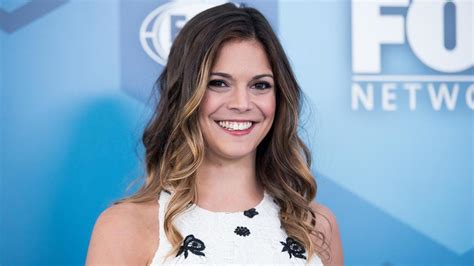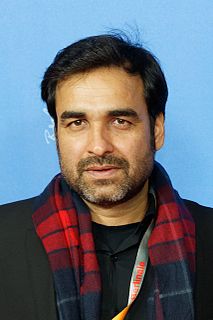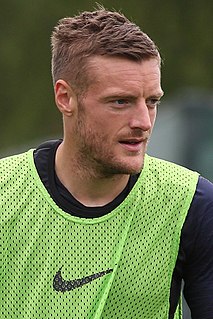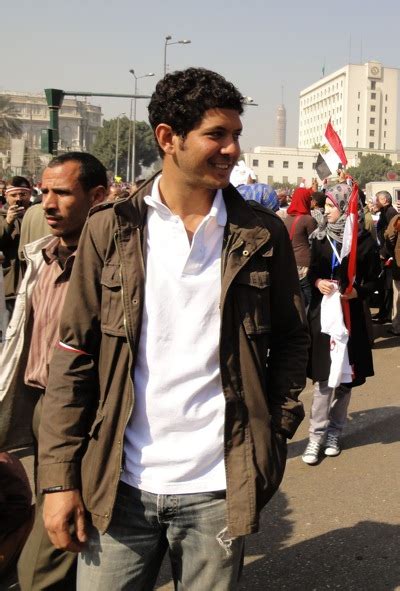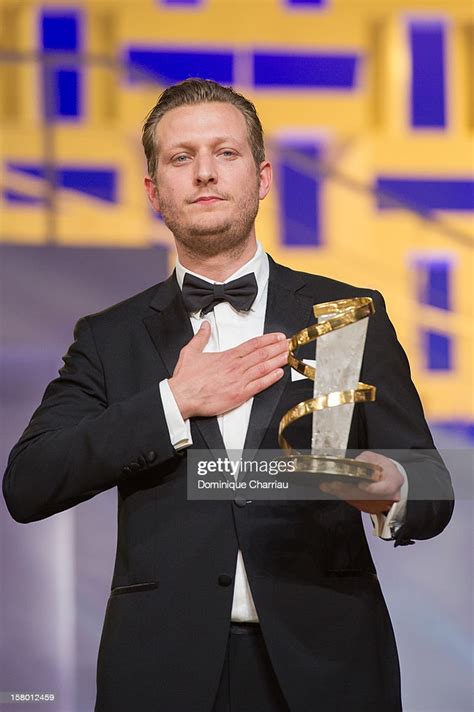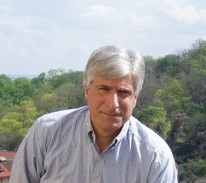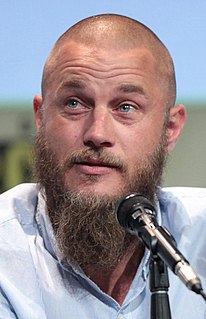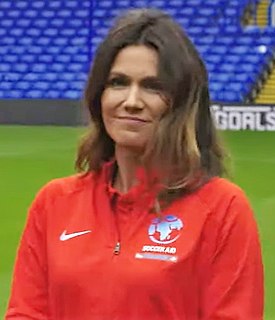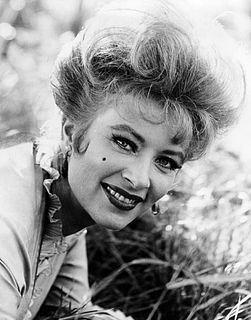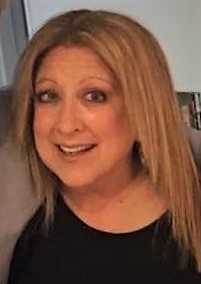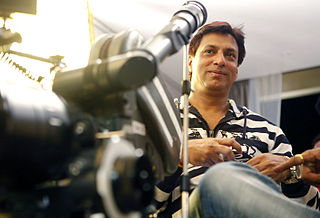A Quote by Katie Nolan
I'd get home at 3:30 A.M. from the bar after my shift ended at 1. I'd write jokes, film it, and then sleep. So I did that for two years.
Related Quotes
I hated the culture, I hated the work. I very quickly realized that this wasn't what I wanted to do. So, after two years, I took some writing courses - I always loved to write - and I figured the only way I was going to get paid to write was in journalism. I really wasn't very involved politically with anything up until that point. Then I started reading about the second Palestinian Intifada, and I spoke to friends in activist and journalism circles. Then, somehow by complete luck, I ended up at Democracy Now.
I'm a morning person because I learned to write my novels while still practicing law. I would get to the office at 6:30 a.m. and write until other people arrived, around 9. Now I still do that. I start at 6:30 or 7, and I'll write until 11, then take an hour off, then work until about 2 p.m. By then my brain has had enough.
My father was only born something like 30 years after the Civil War ended, 35 or 40. He was born closer to that than the era in which he died. He was born in 1891, no television, no phones, barely any electricity. He wrote a book to all of us that was really just a compilation of the letters that he had written over the years to my grandmother when they were courting, in the horse and buggy era. Everybody said, "When did you have time to do this?" Relating their own lives to his. He said, "What do you mean, when did I have time? This is all we did." There was no TV, none of that.
I went to university for a year, and I'm not one for schooling and have no enjoyment sitting in a classroom all day and ended up going to live in England for two years, just to travel. I worked in a bar in a hotel for a couple of years and had no intention of becoming an actor. That's where I met my agent.
Contrary to what so many think, life for the stars of Hollywood TV or movies is really quite tame. You get up at 4 A.M., arrive at the studio by and shooting starts at 8. Then you keep on working until 7:30 or 8 P.M. or even 11 at night. By the time you get back home, you're too exhausted for anything but sleep.
After 'Chandni Bar' there was a shutdown of such bars in Mumbai. After 'Page 3' people started avoiding such events. 'Traffic Signal' exposed the money flow through the mafia. I'm not apologetic about the brutal truth in my films. Almost 70% of my films are based on reality, and 30% I fictionalize or change to suit my film.
